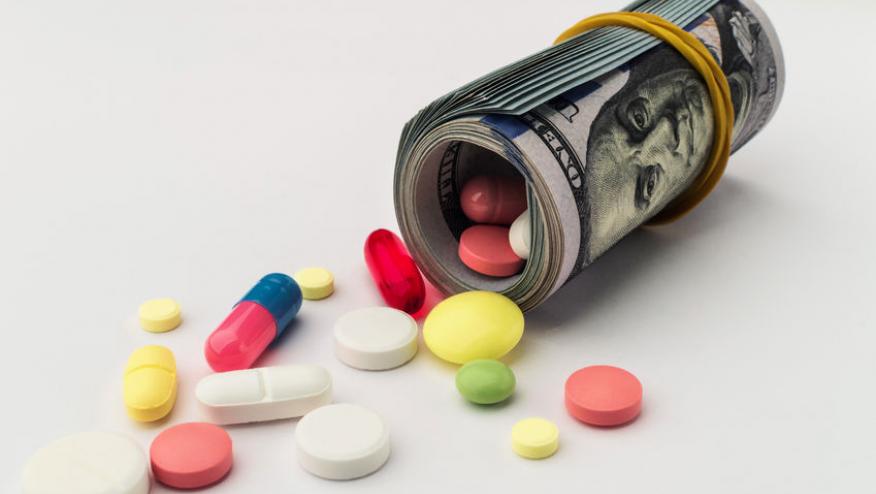The Cartel is Coming for Rheumatology Save

"What Do Blockbuster Drugs & The Black Market All Have in Common?" asked Dr. Madelaine Feldman at RheumNow Live 2025. They thrive, she explained, on market exclusivity "... until they don't." At first glance, the pharmaceutical marketplace may not appear like a crime drug ring, but Dr. Feldman of Tulane University described how sinister forces of market manipulation have negatively impacted patient care for years.
In the next year, tofacitinib is primed to become a generic medication. Expanded options beside name-brand Xeljanz would hopefully decrease costs, but this is not a foregone conclusion. The manufacturing cost is low, comparable to that of aspirin, despite the very high list price. In an ideal and open marketplace, the presence of generic competition would be expected to lower costs, but this has not been the experience with other medications.
Dr. Feldman reviewed the history of the Generic Manufacturers' Cartel, which included 19 manufacturers in a scheme of bid-rigging, price-fixing and market allocation to drive prices up for their own profits. In 2013, the cost for generic doxycycline was $20, but by the following year had experienced a staggering increase of over 8000% to $1800. Albuterol similarly increased from $11 to $434 (4000% increase).
One cautionary tale in tofacinitib's transition to generic is that of imatinib, a BCR:ABL1 tyrosine kinase that revolutionized care for CML. Sold under the brand name Gleevec, the cost increased from $32,000/year in 2012 to over $100,000/year in 2012. In 2016, the launch of generic imatinib sparked hope that market forces would drive down the price. Despite the availability of 15 generics, this cost remained about $130,000 per year. In 2021, business entrepreneur Mark Cuban launched CostPlus Drugs, which sought to undercut these prices. Their pharmacy now sells the medication for under $35 for 30 tablets, though prices remain high elsewhere.
These costs have been driven by the many profit-oriented special interests including the pharmacy benefit managers (PBMs).
The "Big 3" PBMs set drug preferences, medication price markups, and lucrative pharmacy rebates. They affiliate with specialty pharmacies, directing patients to their own interests for profit. Efforts from the American College of Rheumatology Governmental Affair Committee and other advocacy groups have been trying to promote legislation to curb the power of PBMs and divest from specialty pharmacy.
The future for tofacitinib is uncertain at this time. Once permitted, will there be generics that are available in the marketplace? If the generic cost is not affordable to patients without insurance, patients will remain reliant upon the insurance authorization tiers and pharmacy benefit managers.
The availability of generics has potential to help rheumatology patients, though this is not guaranteed and relies upon the hard work of advocacy by physicians, medical associations, and patients.










If you are a health practitioner, you may Login/Register to comment.
Due to the nature of these comment forums, only health practitioners are allowed to comment at this time.